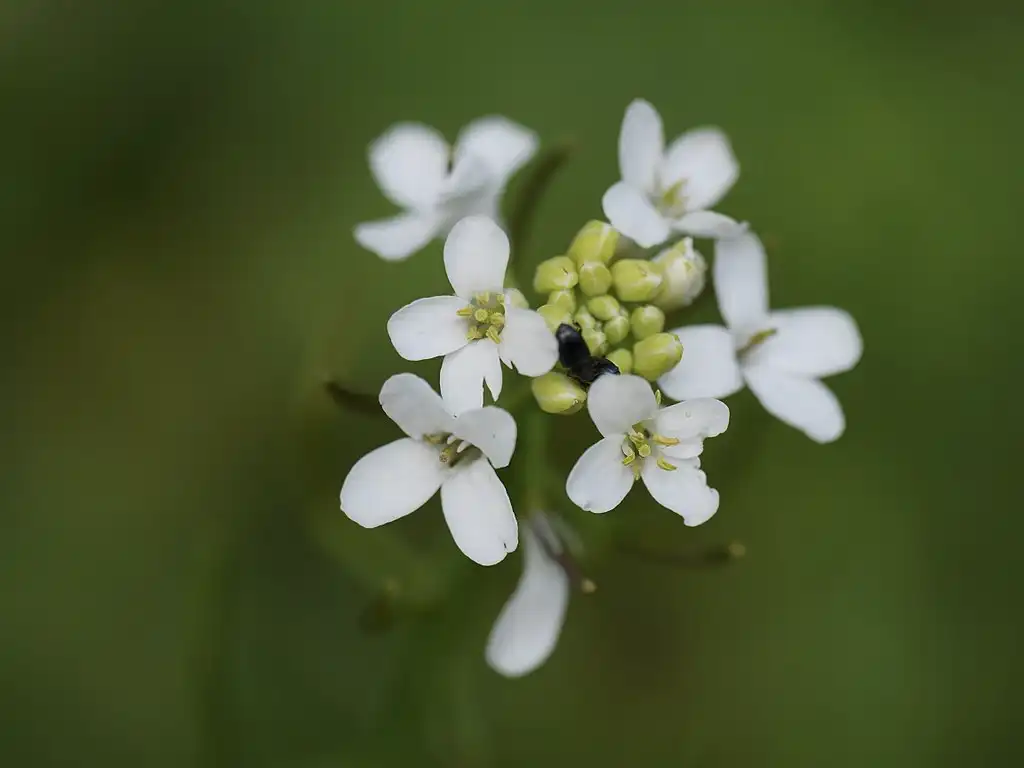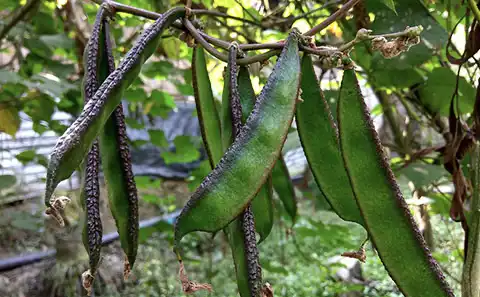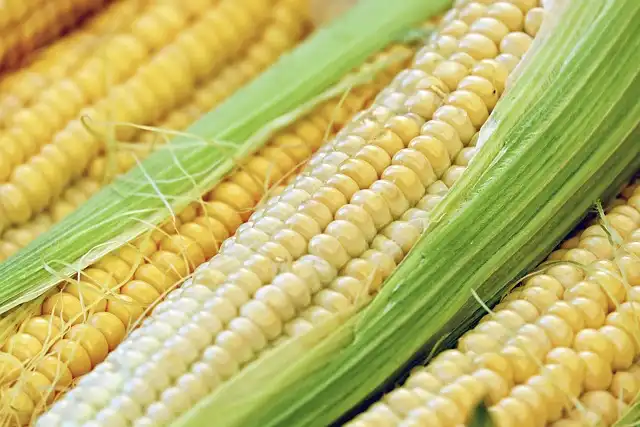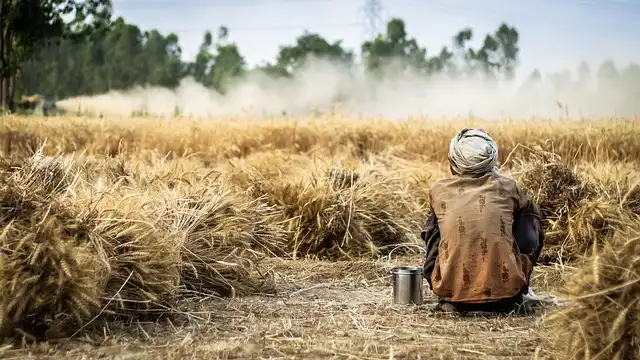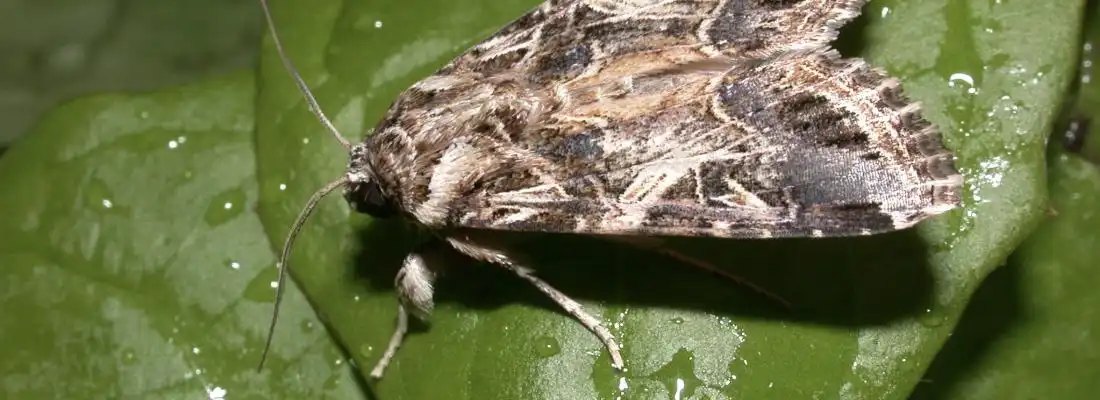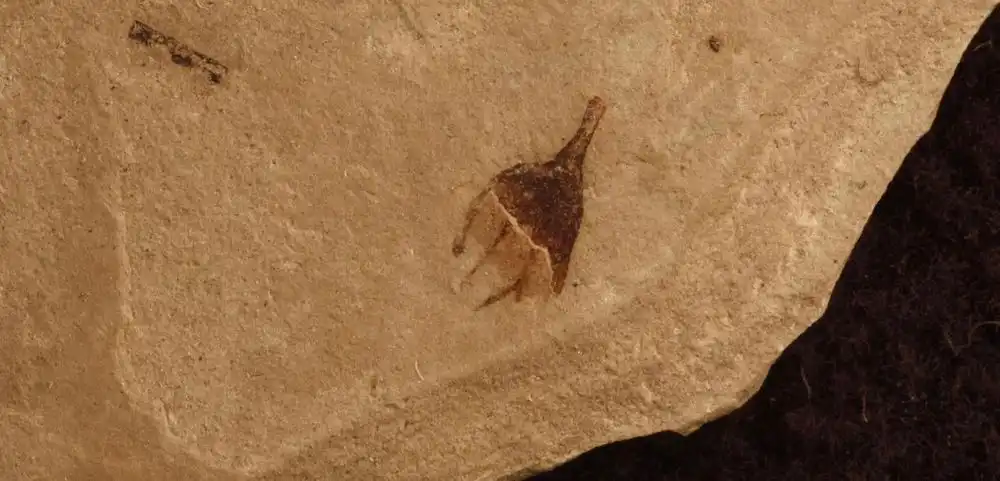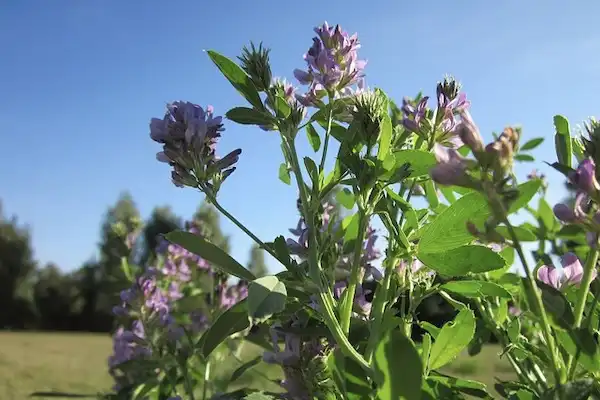
Alfalfa (Medicago sativa) is a legume grown in many parts of the world as a source of animal fodder. It is prized in the forage industry for its high protein content and biomass yield. Recently, alfalfa protein has found applications in aquaculture, pet food industry and human diet. Furthermore, it is seen as an environmentally beneficial crop, with positive impacts on biodiversity and soil nitrogen conservation.




